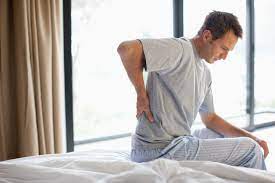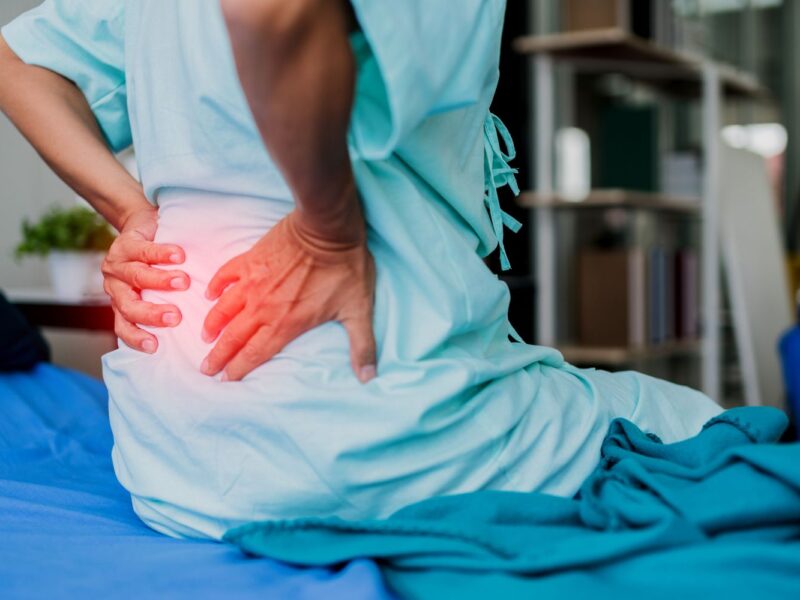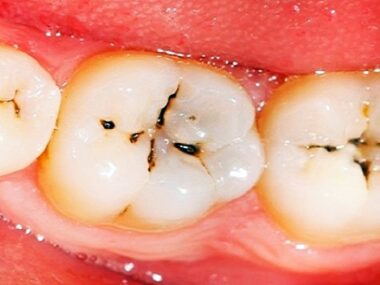Backaches can result from various causes, including muscle strain, poor posture, injuries, or underlying medical conditions.
While it’s important to consult with a healthcare professional for a proper diagnosis and treatment plan, there are several general strategies and home remedies that may help alleviate backache symptoms:
Rest and Avoid Strain:
- Take a break from activities that may be contributing to your back pain.
- Avoid lifting heavy objects and practice proper body mechanics when lifting.
Cold or Heat Therapy:
- Apply a cold pack to the affected area during the first 48 hours to reduce inflammation.
- After the initial period, use a heating pad or warm compress to relax muscles and improve blood flow.
Over-the-Counter Pain Medications:
- Non-prescription pain relievers like acetaminophen or nonsteroidal anti-inflammatory drugs (NSAIDs) may help reduce pain and inflammation.
- Follow the recommended dosage and consult with a healthcare professional if you have any concerns or existing health conditions.
Stretching and Exercise:
- Gentle stretching exercises can help improve flexibility and reduce muscle tension.
- Low-impact exercises such as swimming, walking, or yoga may be beneficial for strengthening the core and back muscles.
Improve Posture:

- Maintain good posture, especially when sitting for extended periods.
- Use ergonomic chairs and accessories to support the natural curve of the spine.
Supportive Mattress and Pillows:
- Ensure that your mattress provides adequate support for your spine.
- Use a pillow that supports the natural curve of your neck when sleeping.
Weight Management:
- Maintain a healthy weight to reduce the strain on your back.
- Engage in regular physical activity to strengthen muscles and improve overall fitness.
Hydration:
- Stay well-hydrated to maintain the elasticity of spinal discs.
- Water is essential for overall health, including the health of the intervertebral discs.
Massage Therapy:
- Professional massage or self-massage with a foam roller may help relax tight muscles and improve circulation.
- Focus on the affected area and avoid applying excessive pressure.
Yoga and Mind-Body Techniques:
- Yoga and mindfulness-based practices can promote relaxation and reduce stress, which may contribute to back pain.
- Mindful breathing exercises and meditation can also be helpful.
Physical Therapy:
- Consult with a physical therapist for tailored exercises and techniques to address specific issues contributing to back pain.
Professional Medical Evaluation:
If your back pain persists or worsens, seek professional medical advice for a thorough evaluation and appropriate treatment.
It’s crucial to note that these suggestions are general, and the most effective approach to treating backache can vary based on the underlying cause. If your back pain is severe, persistent, or accompanied by other symptoms, consult with a healthcare professional for a proper diagnosis and personalized treatment plan.











1 comment
Ryan Sellers